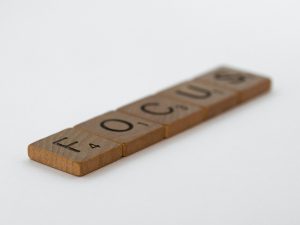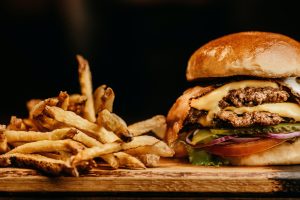
(Pexels – Leah Kelley)
During lessons, students can get peckish. However, schools have set rules to now allow them to eat in class, with some teachers giving their students exceptions.
As a tutor, you must be wondering if you should restrict your students from snacking during lessons as well.
Let’s run through the benefits and drawbacks of allowing them to eat during class!
Pros of Allowing Eating During Lessons:
Improved Focus and Comfort

(Unsplash – Brett Jordan)
Allowing your students to eat during lessons can help them focus better.
Most people think this will distract them from their learning, but the grumbling of their stomachs and their inability to focus due to hunger distract them way more.
Additionally, food can supply them with energy so they can concentrate better during the lessons.
It also acts as a break for them since some educators do not allow breaks in between lessons.
Medical Conditions And Religious Reasons

(Pexels – Artem Podrez)
Some of your students may have medical conditions that you are unaware of, and some of those conditions may require them to only eat at specific time periods or intervals.
Additionally, religion also plays a part in allowing your students to eat. For example, Muslim students have to fast from early morning until around 7 p.m. during Hari Raya.
Therefore, if you have lessons with them at night, it’s best to let them eat since they will be famished and lack energy from fasting.
Your students will then be able to be focused and participate during lessons without feeling shunned due to their medical conditions or religious and cultural reasons.
Creates A Sense Of Community

(Pexels – Monstera)
Allowing your students to eat during lessons can encourage them to bring more and share with their classmates or even you.
The sharing of food creates opportunities for additional bonding time and builds their social skills, which creates a friendly and sharing community in your class.
Cons of Allowing Eating During Lessons:
Distractions For Others

(Pexels – Pixabay)
Although we mentioned that the student’s hunger and lack of focus can distract them more than food, they still create a lot of noise, which can disrupt their learning.
This is especially the case when your students consume crunchy and messy foods or just have loud eating habits.
Their classmates may feel irritated, and the flow of learning as well as teaching will be hindered due to that.
Hygiene and Cleanliness

(Pexels – cottonbro studio)
Maintaining a clean and hygienic learning environment will be tougher since your students are allowed to eat during classes.
This is especially true if your students do not clean up after themselves properly, leading to the possible spread of germs and bacteria as well as attracting unwanted visitors.
Inability To Regulate And Maintain Discipline

(Pexels – Jonathan Borba)
Snacking during classes can be unhealthy, so some of your students may not be able to discipline themselves on how much they should eat every day.
Additionally, your students may start building the mindset that they will also be allowed to eat during work in the future, which is not always permitted depending on the company.
There’s a reason why lunch breaks exist, so you will have to remind them about that.
Conclusion

(Pexels – Lisa Fotios)
Ultimately, it’s advisable to allow them to snack during lessons, especially if they haven’t eaten before coming.
However, remember to set limits and rules, such as allowing them to eat only at certain times and reminding them to clean up after themselves properly.
As a tutor, you will need to put in extra effort to manage the balance of their eating and learning during class.
If handled well, this creates a conducive learning environment while also taking into consideration your students’ well-being.
